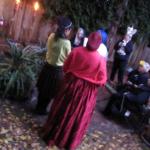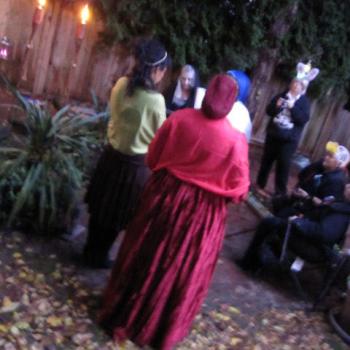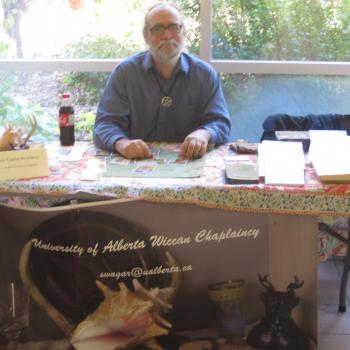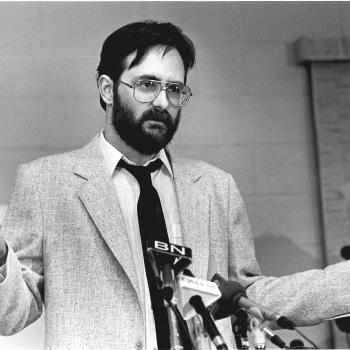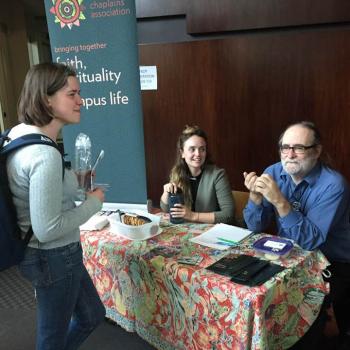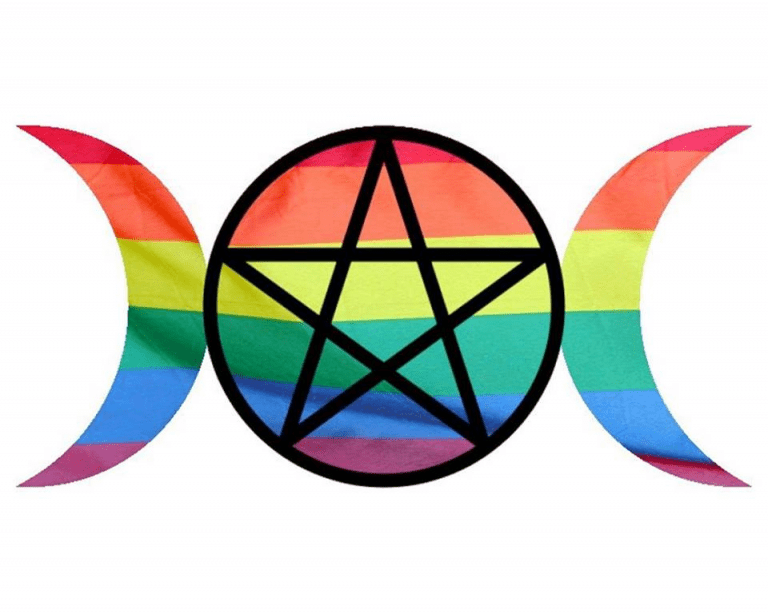
A few days ago, I was having a conversation about polarity, sex magick, and the Great Rite with a High Priestess friend of mine. And we, inevitably, began talking about the changes that are happening in our society’s understanding of gender and sexuality and how we need to incorporate them into our religious and spiritual understanding and practices. We’re both heterosexual, cis-gendered and basically British Traditional Wiccans, and aware of both the strengths and the limitations of our approach and understanding.
It appears to me that talking a good line about being affirming and welcoming to LGBTQ+ Wiccans and Pagans is a first step. But it is meaningless if it does not include a commitment to action – action to transform our spiritual understanding and practice to involve specific, special, insights from inside the several different perspectives of the various sexual and gender minorities.
I’m blessed with friends and coven-mates who are not cis-het (or vanilla, or monogamous) and with whom I can explore other spiritual expressions inflected through their sexual/gender variety. Within a tradition that centres on ecstatic and Mysteries practices which are often worked through the lens of heterosexual polarity and sex magick, practices which are powerful and nourishing to the soul, it is nonetheless possible to bring in other perspectives and stretch the boundaries to create meaning in new ways.
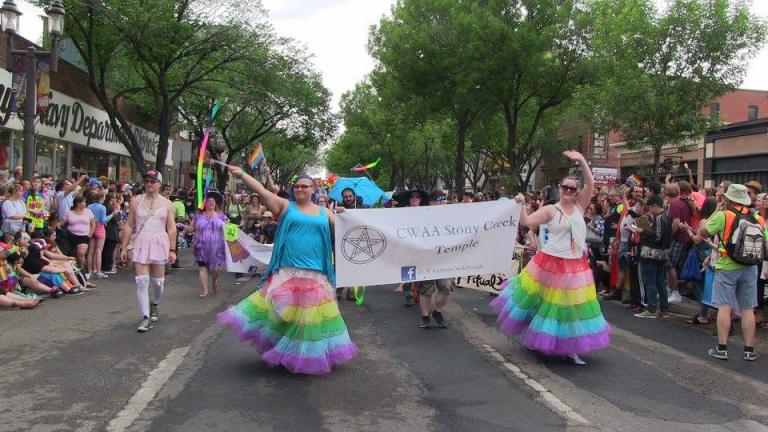
The Mysteries are not all gendered and we should resist the temptation to make them so. We all will be born (a great mystery), we will age and die (another), we will love (the greatest Mystery), and so, on and on. These experiences, which can continue to unfold deeper levels of meaning over and again as we engage with them, must be explored through different lenses to become richer and more transformative, more meaning filled and real. Those Mysteries that are experienced only by a portion of humanity – the longing and lust of a man for another man, the surrender and receiving of power in an S/M exchange, the joy of holding one’s newborn child, for examples – can be explored and should be, but they are no less or more valid as routes to the divine for humanity as a whole than any other. And even those that are about a polarity are not all about boy-girl polarity.
So, where do we go? Well, the first place to start, of course, is by asking people to speak from within their experiences, and in their position, to give voice to LGBTQ+ spiritual understanding. Beginning, even further back, with finding a language, teaching and learning ritual skills and building a tool kit of ideas, experiences, and techniques that will assist in bringing forward these things. To have a LGBTQ+ accepting spirituality we must have powerful and moving ritual that connects us to the divine through those lenses – ritual is the means through which religion moves in the communities of faith, building meaning together, celebrating our joint understandings.
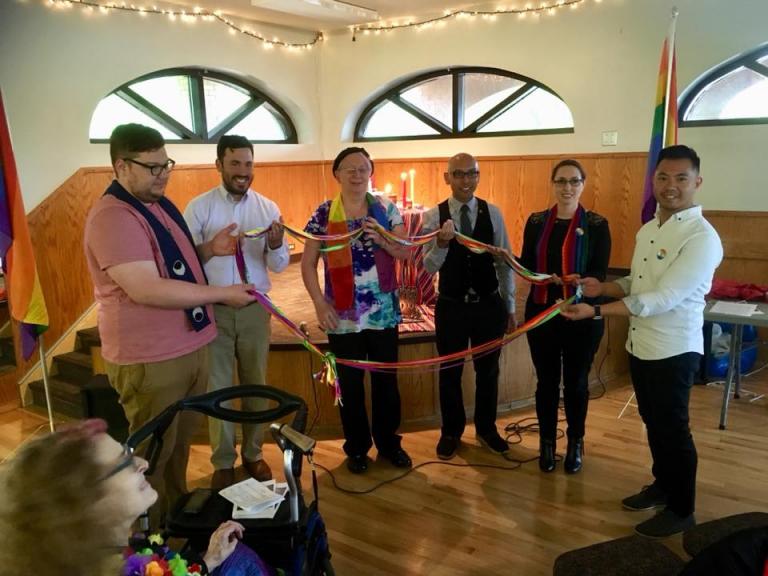
One of the clergy-in-training in my temple, now the associate Wiccan chaplain at U of Alberta serving alongside me, is a trans man. His in-depth research into the seithr religious and magical system of the ancient Norse (a path which was for homosexuals and women only), the intended focus of his graduate work, is fascinating and will greatly expand our understanding of pre-Christian northern European religion and culture. The ritual work that has come out of this research is already powerful and transformative and I am excited to see what further work will come out. This kind of work will advance Wiccan religious understanding and spiritual growth, by using our ritual tools and sensibilities, hybridized with Norse concepts, filtered through a queer sensibility.
This rethinking and revisioning is not an impossibly difficult task. It just requires us to stretch a little and accept spiritual insights that come from positions other than our own as valid, for the people who experienced them, and to trust that they are honestly trying to share those insights with us. A tremendous gift; to be given a thing of great meaning to someone else. But one thing that does not do anything is to require the expression of LGBTQ+ in structures that come from rigid boy-girl polarity notions, essentialist dogma (i.e. “women all are” or “men all are”), or that recreate the notions of other religions inside ours (compulsory monogamy, a gift from the Christians?!).
Just like Reconciliation with Indigenous people must mean real exchange of power, and an end to automatic privileging of European-origin ideas, and ending the secondary status of women does not just mean allowing women to vote for male leaders inside a set of unfair structures, coming to reshape gender/sex/sexual preference into an open and accepting society will mean changing to include and experience the world in new ways.
That’s okay. It will make a more just and more interesting world. It will express more facets of the divine, open up the world to new forms of ritual and music.


